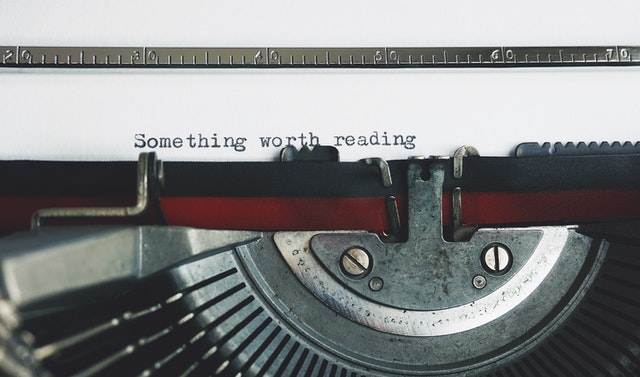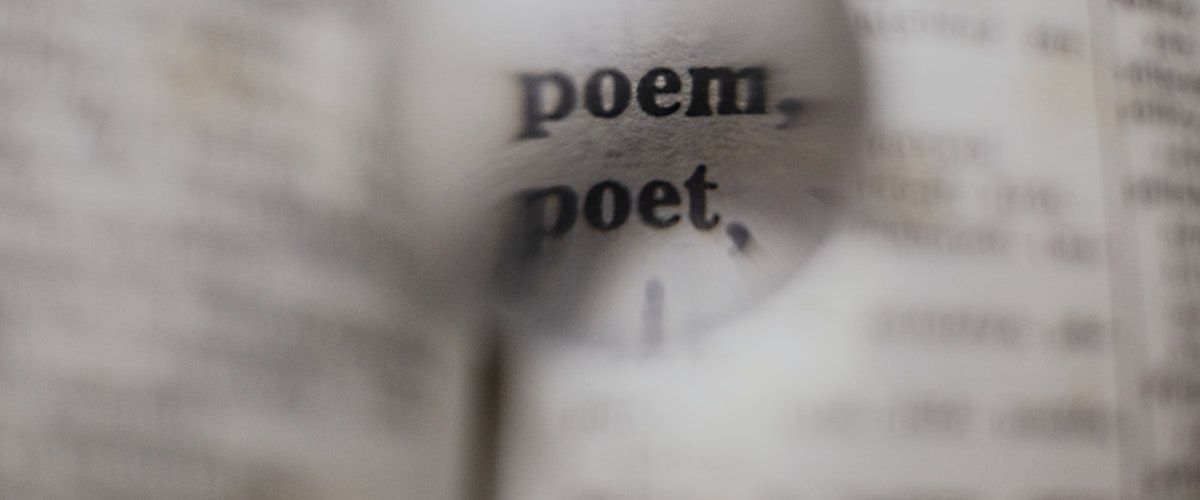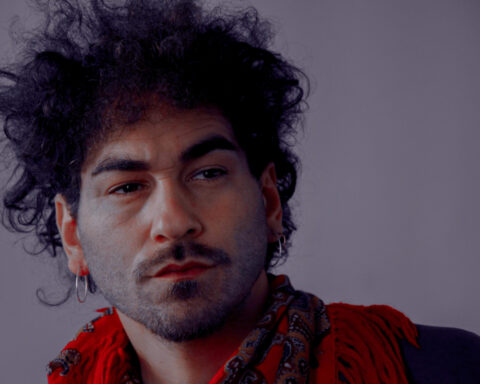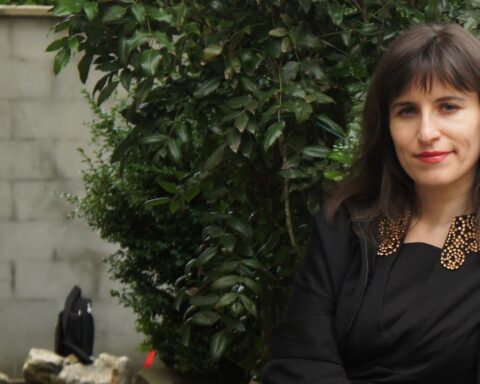Over the years in a world that does not stand still, poetry has lost relevance. It has gone from being a historical tool for cunningly and creatively converting discourses, to being reduced to the “clichéd love quotes on Valentine’s Day” by many. Poetry is more than a set of sonnets and rhymes that make us feel special and loved. Whether it’s to take us on a journey through time telling stories of past civilizations, to express a writer’s innermost feelings, to present nostalgia, to bring awareness to politics or to simply write an ode to life, poetry is a multifaceted and timeless tool which deserves recognition for its impact in the history of humanity and for the resilience it retains after time. Whether it’s in the face of obstacles and repressions, or the acceleration of technological advances in a modern world, poetry never dies.
“Words are, of course, the most powerful drug used by mankind.”
‒ Rudyard Kipling.
A story through poetry’s history
1850
Walt Whitman once said, “I too am not tame at all, I too am untranslatable,
I too sound my barbaric yawn over the rooftops of the world”.
Letting himself go into a world of acceptance for himself and other individuals, with nothing but a few beautiful words, no rhyme, no strings attached in free verse, Walt accepted his existence in this place and immortalized his words in a masterpiece for mankind. The Romantics who continued to this day gave the world complicated works in beautiful formats, odes to society wrapped in human psychology, they were no longer just effective and witty compositions, but the blending of a set of paragraphs with indescribable illustrations. Poetry is precious and timeless, seeking its passage through all generations, leaving us with messages for when we are ready to travel through the history of the civilizations that emerged from it.
Before 1850
It was in the cradle of a region surrounded by sun-dried brick walls, where intelligent humans developed agriculture, the wheel, and writing, in ancient Mesopotamia where the epic Gilgamesh, the first literary work, was born. The work was written on tablets and in an Akkadian language that men of today could not understand. In 2600 B.C.E. there was not the literary freedom that Walt experienced, in those writings epic verses were formed about the king, his friendships, his desire for immortality, and narrations of the devastating flood in the region. This epic literary work was the first ever recorded around 5000 years ago. Multifaceted poetry made its way into other eras, reaching the medieval period. In a climate of war, poetry evolved and was structured by rhymes and sayings, by ballads, strongly influenced by religions, by heroes fighting monsters to save their people and by knights in shining metal armor. This great obstacle kept it immobile, but it was a tool for communication without speech until it became a privilege of those with power and money. The repression in the middle ages was rescued by the golden age of literature, the renaissance, where epic poems were rediscovered, and gave light and inspiration to the poets again. Poetry found freedom, and the religious influence that had followed it like a shadow vanished. Then came poems about nature, love, and mythology, this time with the courage to recite them to an audience, to share them and inspire and ignite hearts. This time, poets were driven by the boundaries that poetry could cross using methods like never before. Sonnets prevailing in post-modern and classical times which seriously addressed philosophical, political, and medical issues.
Poetry lifts the veil from the hidden beauty of the world, and makes familiar objects be as if they were not familiar.”
Percy Bysshe Shelley
Poetry in a modern world
No matter how much repression of this ancient literary form, poetry has come down to the present day by developing different styles, not only rhymes, verses, and sonnets, but more than 168 poetic forms that can be experimented with. One of them is the cut-up method, a method used by the Dadaists and William S. Burroughs, which consists of taking a selection of words in a text and arranging them randomly creating a new poem. Or there is the fold-in method, which consists of taking two linear texts with the same spaces and folding them over so that the first line folds into the second creating a new one. Another method is called blackout poems, in this technique the poet takes a black marker and starts to set a text from a book or article, thus creating a new poem. Echo verse is one of the simplest forms, it involves repeating the final syllable of each line, repeating it either at the end of the same line or at the end of the next line.
These are some of the styles and techniques that have been developed over time, not only to give variation to poetry, but also to give the writer freedom to employ whatever method they please, creating a dynamic peace for the reader.
Poetry is not only for hardcore romantics, poetry is for the soul
Sometimes, poetry is thought to be limited to romance, for those in love who wish to dedicate a couple of verses to that special person. However, poetry is much more than a few rhymes, behind those precious words are hidden emotions that connect with the reader, touch our soul, and have the power to heal or soothe those feelings that seem to torment us. Poetry therapy is a sub-type of bibliotherapy used to help us understand our own emotions as well as those of others. It encourages those taking the therapy to understand their traumas, the feelings they describe as negative, or even to open up and express what they cannot in words.

The importance of poetry
Poetry not only has the power to transport us into history and enrich us with incredible tales of ancient civilizations, it’s also an incredible tool for understanding those around us and most importantly for understanding oneself. In addition to understanding the importance of expression, poetry increases our writing skills. Through poetry we learn about structure, and how to allow our words to get carried away by the artistic flow. Reading poetry strengthens our understanding and analysis, while helping us to empathize and identify feelings the writer describes, giving us alternative ways to perceive everyday things, and broadening our perspectives. One of the most important and beneficial things when writing poetry is the encounter with oneself, the opportunity to heal through words, to understand a myriad of emotions that are camouflaged within us. Poetry allows us to deal with those feelings that we may not understand, from anxiety and often depression. It helps us to get closer to ourselves; reading poems opens the door for a reader to explore into the soul of the writer, connecting them with the emotions that can not be expressed or easily understood. It can be that light needed in the darkest moments in which loneliness and misunderstanding abound in our being. Poetry helps us to understand the meaning and importance of words, to empathize with people from other cultures, and to unify us, leaving aside all differences and uniting them by the mere fact of being human.
“Too many people in the modern world view poetry as a luxury, not a necessity like petrol. But to me, it’s the oil of life.”
‒ John Betjeman.
An exchange
Whether in one of the new poetic styles or the older ones, whether in free prose or experimenting with your creativity, I challenge you to write, to write freely, to sit in your room, a park, anywhere you want, feel the paper and connect with yourself. I challenge you to write one poem a week, a poem to yourself, to your loved ones, to the world, to art, to nature. Open your soul and express the endless emotions that you have been hiding in the deepest parts of your being, free yourself. The second challenge is to make an exchange of poems to others, you can use your social networks, simply reciting your favorite poem, asking for poems in exchange. Create a network of poems, start connecting with people you think you’ve known for years, or with strangers, give your favorite poems to the world and nourish yourself with new ones. Analyze and internalize the poems, enjoy them, feel them, cry with them, publish them, stop for a moment and feel, let yourself be carried away by the words and the pure art.






Great article! 👏
Hi Christina, thank you very much for your comment, I am very glad you liked my article 🙂